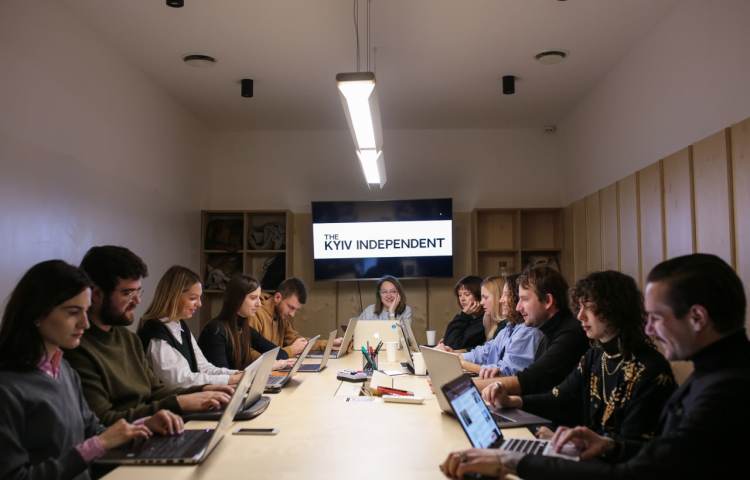
Ukraine editor Olga Rudenko on starting Kyiv Independent as Russia amasses troops on border
Olga Rudenko was half a world away from Ukraine on the day that Ukrainian construction tycoon Adnan Kivan abruptly fired the entire staff of the Kyiv Post, the 26-year-old English-language print-to-digital publication known for its tough-minded, corruption-exposing journalism. Rudenko, then deputy chief editor of the Post and in the United States on a fellowship at…
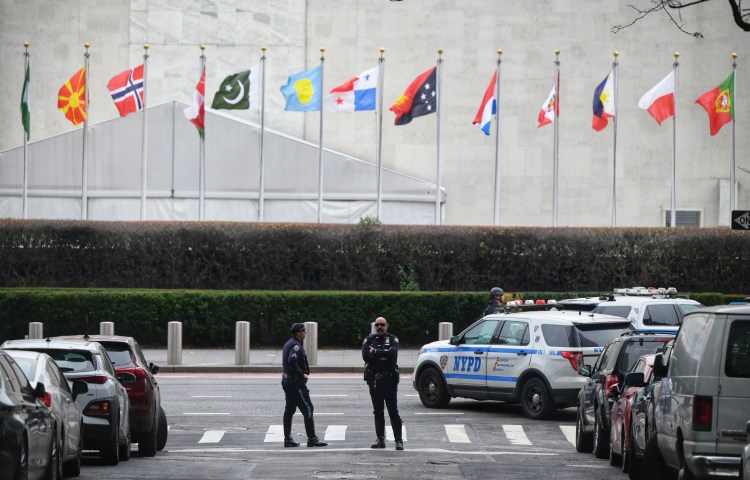
Why the UN’s push for a cybercrime treaty could imperil journalists simply for using the internet
Cybercrime is on the global agenda as a United Nations committee appointed to develop a treaty on the topic plans for its first meeting amid pandemic-related delays. The process is slated to take at least two years, but experts warn that such a treaty – initially proposed by Russia – could hand new tools to…
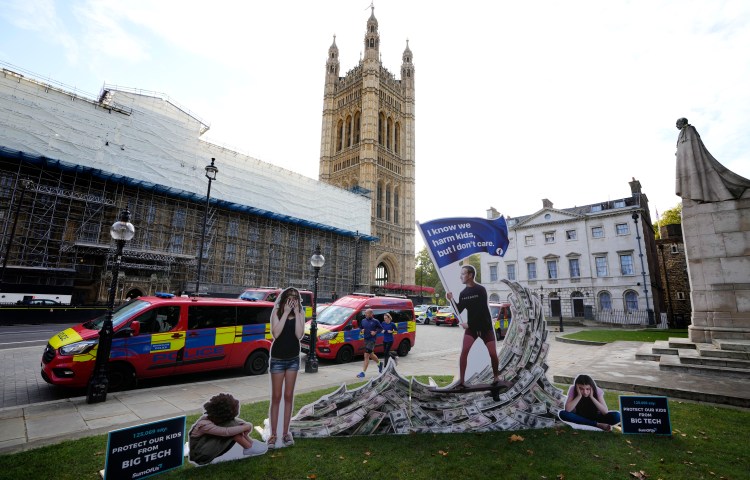
How social media regulation could affect the press
The United Kingdom moved a step closer to regulating social media in December when a parliamentary committee recommended major changes to the country’s Online Safety Bill so as to hold internet service providers responsible for material published on their platforms. “We need to call time on the Wild West online,” said committee chair Damian Collins….
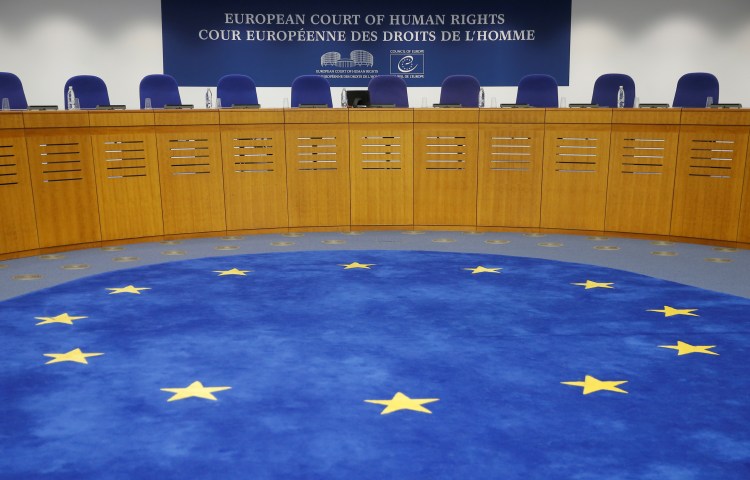
Rimma Maksimova died seven years ago. Her fight to bring her son’s killers to justice lives on.
Rimma Maksimova spent the final decade of her life fighting two battles: one against the bone cancer that would eventually kill her and another for justice in her son’s murder. A few years before her death in 2014, she filed a case against Russia with the European Court of Human Rights (ECHR). She would not…
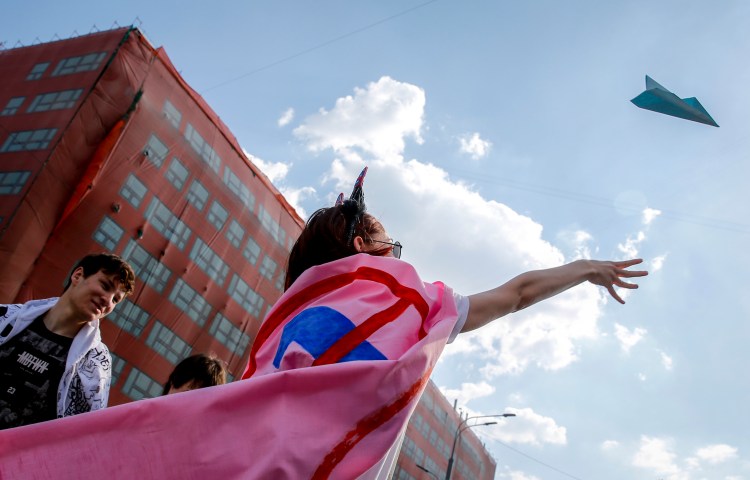
Russia couldn’t block Telegram, but harassment, propaganda make it hostile for journalists
Telegram was meant to be blocked in Russia in April 2020 when Aleksandr Pichugin published a satirical article about the spread of COVID-19 on his channel Sorokin Khvost – an allusion to a Russian version of the saying, “A little bird told me.” Four days later, uniformed officers came to the journalist’s home and pushed…
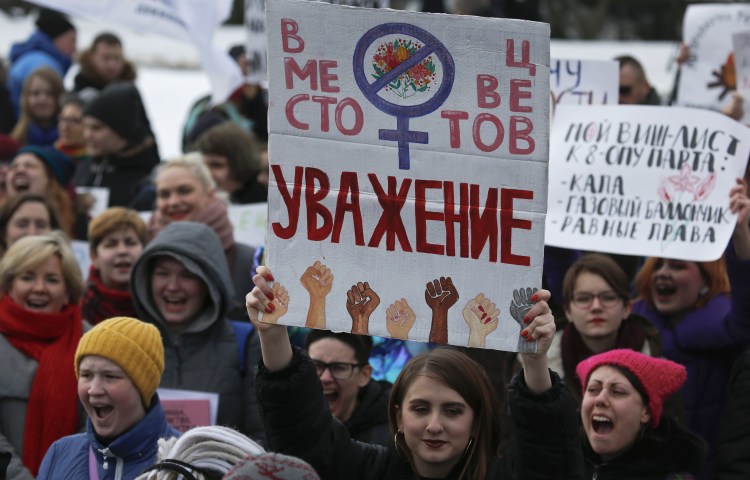
Women ‘have finally started talking’: Three female journalists on covering sexual violence in Russia
Reporting on gender-based violence in Russia has become more challenging in recent years. In 2017 the government controversially decriminalized some forms of domestic violence, leading to a sharp drop in reported incidents, which journalists told CPJ does not reflect the true scope of the problem. And last year, Russia passed a new libel law to punish false accusers of sexual assault, leaving journalists…
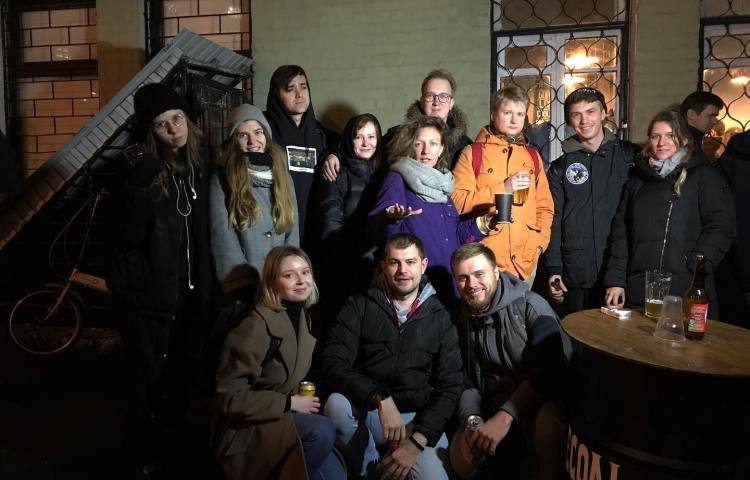
Meet Mediazona, the punk rock-founded Russian news outlet whose editor was jailed for a tweet
Of the more than 100 Russian journalists who have been arrested or fined covering rallies in support of jailed opposition leader Alexei Navalny, Mediazona chief editor Sergey Smirnov has become a symbol of the absurd lengths to which Russian authorities are willing to go to quash coverage of the events. On January 20, Smirnov retweeted another person’s tweet saying…
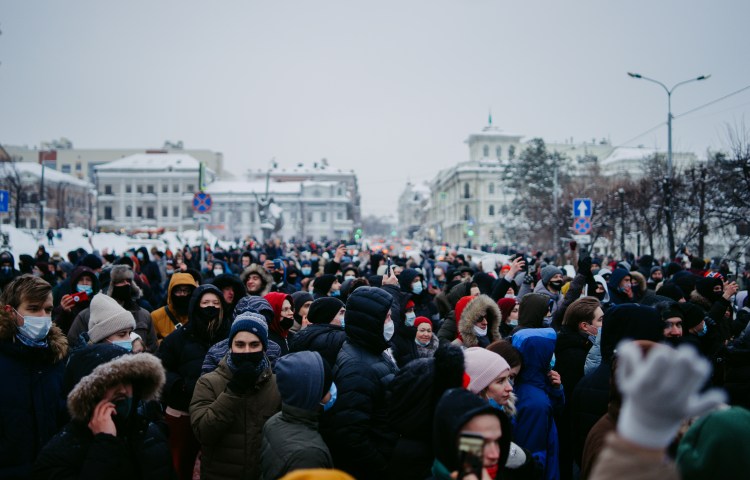
To police, ‘the camera is like a red cloth to a bull’: four journalists on covering Russia’s pro-Navalny protests
On January 23, Russia erupted in nationwide demonstrations against the January 17 arrest of Alexei Navalny. The opposition leader was taken into custody at a Moscow airport when he flew home after five months in Berlin, where he was undergoing medical treatment after having been poisoned. (He alleges the Russian government is responsible; Russian president…

Crimean Tatar civic journalists risk persecution to cover their community in Russian-annexed Crimea
After Russia annexed Crimea in 2014, some Crimean Tatars–the indigenous population of the Crimean peninsula–had to flee for the Kyiv-controlled part of Ukraine. But most have chosen to remain. As the Russian-appointed new authorities established blanket censorship, squeezing out independent media outlets, a new phenomenon emerged–civic journalism. Members of the Crimean Tatar community–who had not…
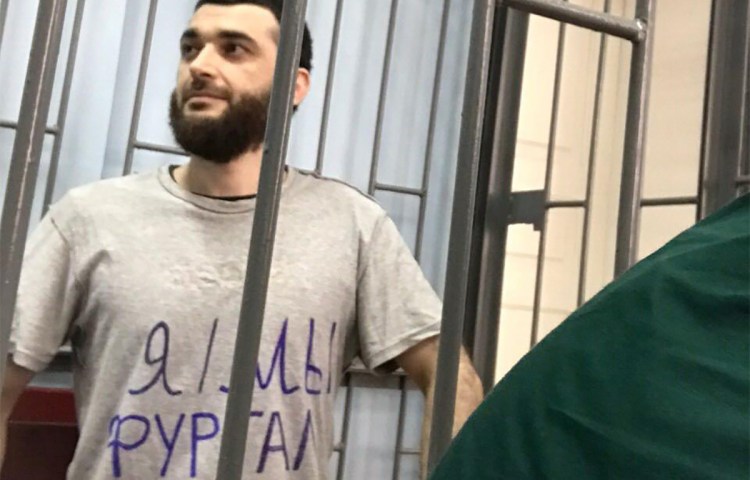
Russian journalist Abdulmumin Gadzhiev: Jailed ‘without a single proof of his guilt’
Abdulmumin Gadzhiev, religion section editor of the independent newspaper Chernovik, has been in pre-trial detention in Makhachkala, in the Russian republic of Dagestan, since his June 14, 2019, arrest on terrorism charges, according to CPJ research. On March 27, 2020, authorities filed new charges against Gadzhiev, accusing him of participation in an extremist organization, as…